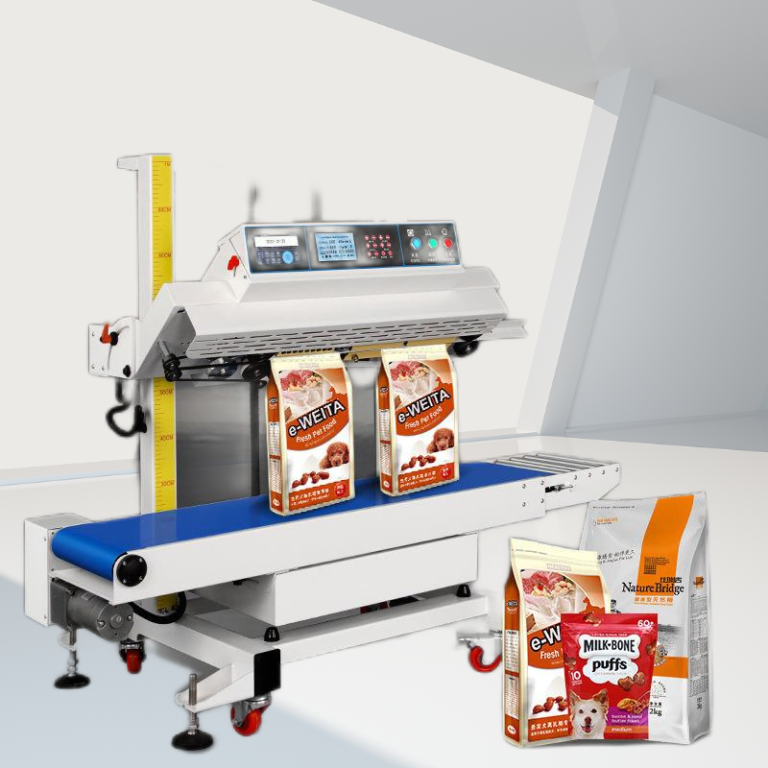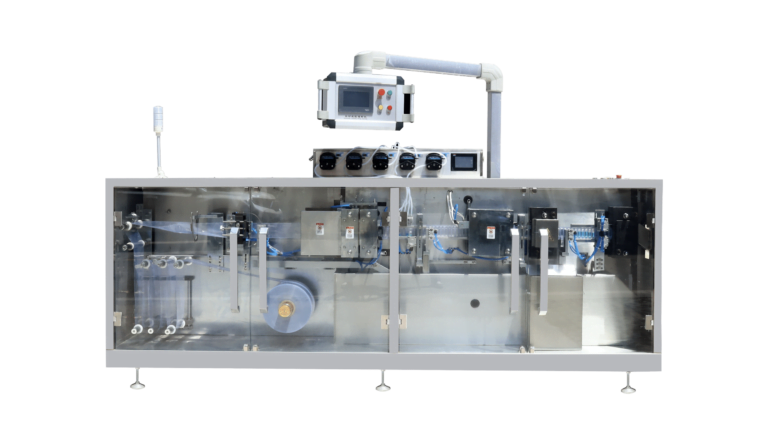
Focuss on the Process in 2025
As we approach 2025, there are present and future trends that food manufacturers must consider in order to continue to surpass the expectations of their clients and, most importantly, the end consumer. The sector remains under scrutiny, and obstacles have forced the relationship between maker and processing partner closer than ever before. This is a good thing since together we are stronger and more positioned to develop solutions that not only address those trends but also add value.
What Trends Will be Most Prominent in 2025?
Our processing experiences are based on firsthand observations, made possible by our intimate working relationships with our customers. We can feel the pain points biting and our focus moving in regions such as:
Raw material prices
Navigating raw material pricing variations is a daily problem, with numerous factors playing a direct role. In Northern Europe, for example, a recent article stated that adverse weather, poor harvesting conditions, and high soil moisture had resulted in decreased production and increased waste. Meanwhile, broader geopolitical concerns that continue to strain global supply systems are causing anxiety.
To limit the impact of raw material price fluctuation, process optimisation is essential. Anything that can be done to eliminate raw material waste adds considerable value, whether costs are low or high, and collaborating with a comprehensive solutions partner who understands the process will pay off.

Take seasoning as an example: the Lintyco® provides uniform and accurate seasoning coverage for a wide range of snacks, including fried, puffed, and baked goods. The method was developed in response to increased demand for more control over seasoning, which has a substantial impact on input costs, waste costs, consumer pleasure, and repeat purchases. This powerful OMS system provides the essential precision and control, instilling trust and openness in consumers. Furthermore, it helps to reduce food waste. By weighing raw materials and using intelligent control and monitoring software, the system applies the exact amount of seasoning or oil indicated in the pre-set recipe. This efficiency reduces raw material waste while ensuring consistently seasoned products.
Energy Efficiency
Energy prices continue to have an influence on food manufacturers worldwide. According to the International Energy Agency (IEA), despite significant declines, wholesale energy prices remain high in many nations, with regional variations. According to the IEA’s power Market Report[2], as prices for energy commodities such as gas and coal fell dramatically in the first half of 2023, wholesale electricity prices in several regions fell from their prior highs.
This appears to be fantastic news. In Europe, for example, wholesale prices have been cut in half from their record highs in 2022, bringing them closer to the 2021 average. However, costs remain more than twice as high as in 2019. In India, average wholesale electricity costs in the first half of 2023 remained 80% higher than in 2019, while in Japan they were 30% higher. In contrast, wholesale electricity rates in the United States have nearly returned to levels seen in 2019.

Energy conservation is critical to sustaining high efficiency, and we must look to innovative ways to achieve the necessary gains. For example, during the frying process, a significant amount of moisture is lost by evaporation, which is often vented to the exterior of the plant via the fryer stacks. A frying vapour heat recovery system turns evaporated moisture into hot water, which may subsequently be used to pre-heat the water during the drying process, considerably lowering the requirement for saturated steam from the boiler. Drying operational expenses can be lowered by 70 to 90%, increasing efficiency and supporting more sustainable operations.
Rethinking Waste
Finally, a bright light shines on excess waste in the food production industry, which is closely tied to processing operations sustainability. As previously said, raw materials are expensive, and the energy required to process them is still only available at high prices for the majority. We must, then, examine the production process holistically to ensure that we get the most out of what we put in at the start. This entails collaborating with your comprehensive solutions partner to find areas that can be improved or where technological advancements make sense to employ.

Optimising oil use is a fantastic example because it is a valuable resource that we can assist our clients conserve. Our frying systems continually maintain oil integrity, with continuous oil filtration systems to assist remove particle matter left behind by sliced goods during cooking. The sooner and more effectively these particles are removed, the higher the quality of the oil, preserving it for more efficient and sustainable use.
Furthermore, potato product manufacturers can promote circularity by evaluating the use of what is presently classified as waste. Rejects from a French fries line, for example, are currently eliminated despite being absolutely fine in terms of quality, if not shape. We collaborate closely with our partners to determine whether such rejections, as well as slivers and nubbins, can be transformed into a “Value Added” product such as Hash Browns, Formed Potato Products, or Potato Flakes.
Refocus on what you can affect
It is very easy to become bogged down in trends and lose sight of the fact that process optimisation is the solution to many of the industry’s most urgent issues, both now and in the future. Working with a complete solutions partner provides you with a genuine helicopter view of your line and where each of those patterns may be handled along the way. From decreasing raw material and energy waste to conserving oil and packing materials, we have barely scratched the surface of what is achievable.
To begin your journey to a more optimised process that adds value to your bottom line, sustainability goals, and, most importantly, your customers, contact us today to discuss it.





